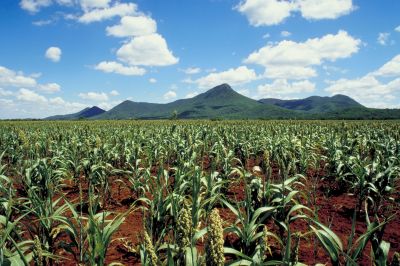
A second round of EU funding was allocated to consolidate progress made in a project dedicated to agriculture research for development.
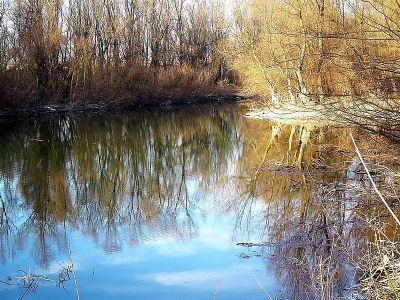
Invasive species are a major threat to the conservation of biodiversity and ecosystem function. Understanding their impacts and the abiotic factors that can influence their success is therefore of major importance.
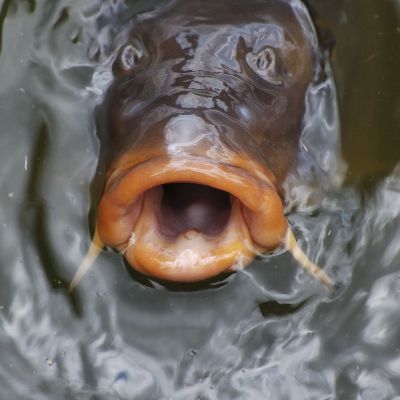
Scientists worked to fine-tune the composition of fish feed and feeding strategy to improve the cost efficiency of European seabass production. Work involved understanding the needs of seabass according to its life stages and environmental and physiological conditions.

Hemp, traditionally grown for fibres, seeds and psychoactive compounds, is perched at the threshold of a revival in interest for production of innovative biomaterials.
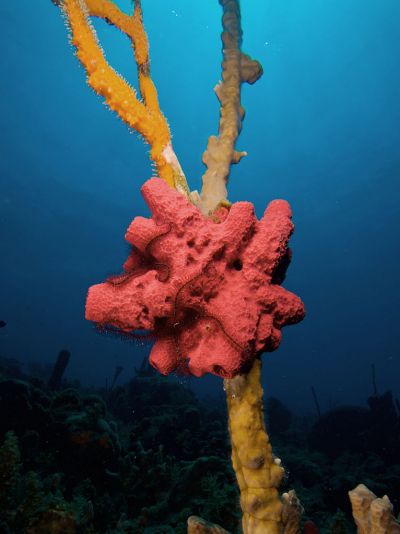
Our planet's oceans are home to an enormous range of different organisms, which are the potential resource for new products that can benefit society. However, no progress has been made after their discovery because these natural products cannot be supplied in sufficient quantity.
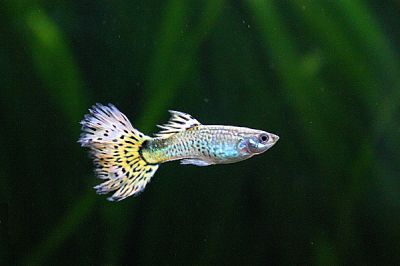
European researchers are investigating sexual selection and male reproductive success characterised by features such as swimming ability of sperm. The effects of ageing are proving to be particularly significant.
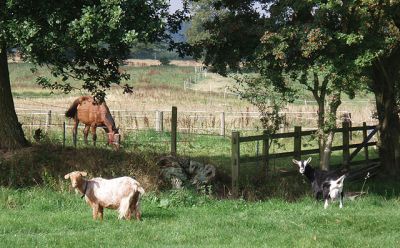
Animal disease research facilities across Europe are now connected in a network with coordinated efforts. This allows addressing existing and emerging infectious animal diseases with improved efficiency.
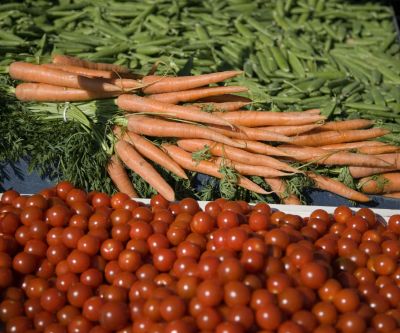
A major Greek university is entering the green/sustainable supply chain management (SCM) field, and sustainable agrifood in particular. The project has recruited 11 senior researchers and established relationships with sector players via a set of secondments.
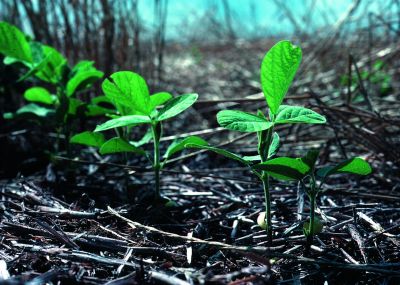
Researchers are identifying genes and physical traits that affect the performance and lifespan of soybean crops during drought and nitrogen stress.
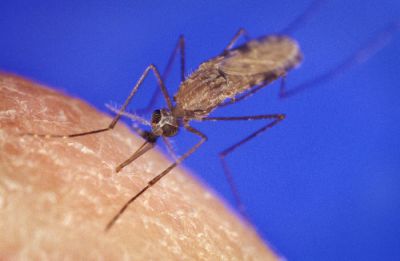
EU funding is backing the development of the most comprehensive toolkit to date to control the notorious malaria vector, the mosquito
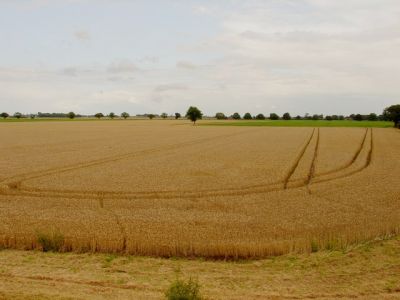
Scientists are incorporating microfibrillated cellulose extracted from cereal waste into low-weight, biodegradable and renewable packaging that boasts superior mechanical and barrier properties and a small environmental footprint.
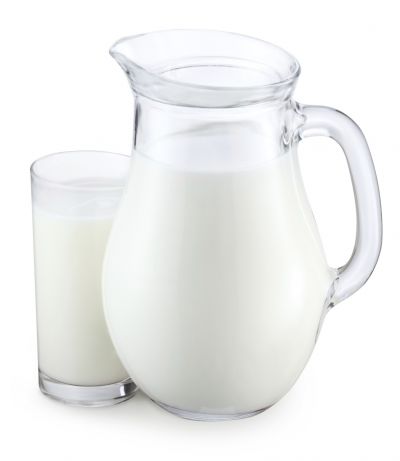
A unique test developed to detect artificially produced growth hormone in cow's milk may help alleviate EU consumer concerns over imported dairy products and to control of the potential illegal use of recombinant bovine growth hormone (rBST) in the EU.

An EU study developed two biomolecular approaches to specific identification of the remains of hunted whales. Doing so shed light on historic and prehistoric ecology, and hunting practices, which may help conserve the endangered animals.
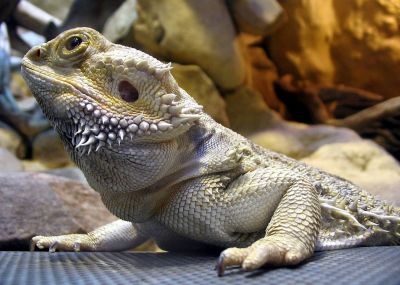
Oxidative stress, or damage due to free radicals, is a hot topic in science due to its role in cancer, infertility and ageing. Recently, EU-funded researchers conducted a unique animal study that sheds light on the process.
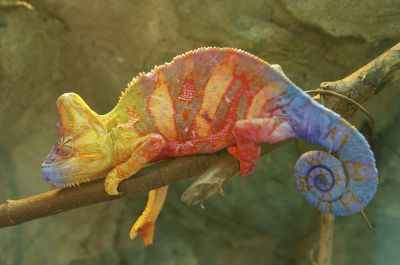
Researchers studying the genes that control colour variation in iguanian lizards have uncovered new clues about evolution and speciation.
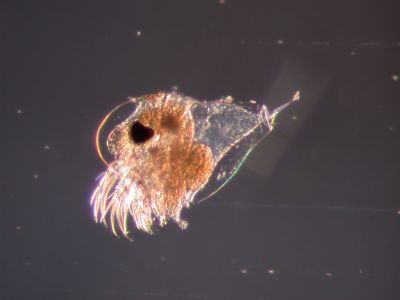
Marine plankton influences the movement of carbon from the atmosphere to the ocean. This biogeochemical process has traditionally been modelled on the supply and consumption of essential nutrients, but an EU-funded project took a new approach.
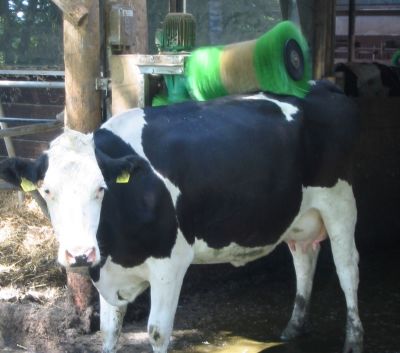
Consumer confidence is falling amid concerns over the health of commercial livestock. An EU initiative is designing novel approaches to improve the health of dairy cows in organic dairy farming.
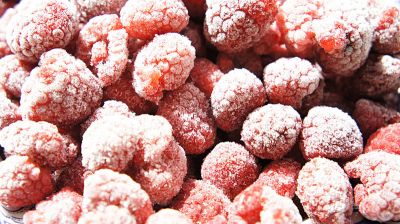
An EU-funded project has harnessed an antifreeze protein (AFP) to prevent ice damage caused by freezing, which increases the shelf-life of food.
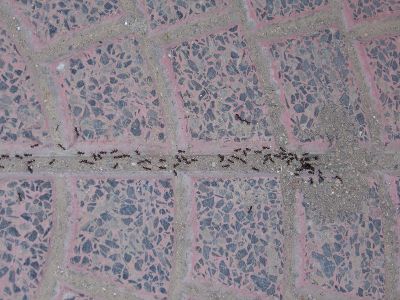
An EU study addressed the evolution of teaching in animals by examining the behaviour in ants. Considering mainly hunger state, the work illustrates how teaching benefits ants, especially regarding exploration and nest-site decision making.
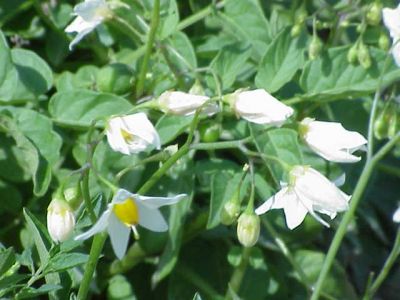
Solanum is a large plant genus including for example potato, tomato and also poisonous nightshade, common European weed. I have identified genes of Solanum ancestors that could be very useful in important commercial crops of the genus.
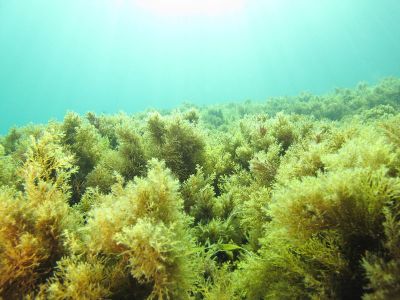
Hardy sea-based microbes could contain enzymes ideally suited to extreme industrial processes. EU-funded researchers with the INMARE project aim to find out.
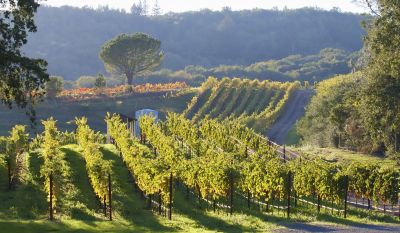
Developments in global agriculture are resulting in new challenges, and concerns remain for how competitive the European agri-food sector is. An EU initiative is using innovative approaches to deliver policy recommendations that will boost the competitiveness of European food chains.
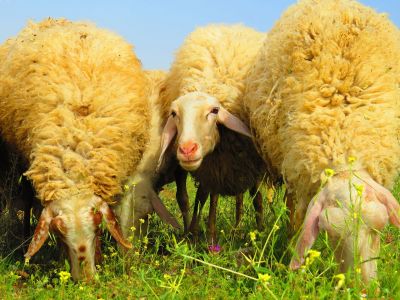
Researchers are developing tools and guidelines to monitor the long-term health of animals exposed to feed derived from genetically modified (GM) crops.
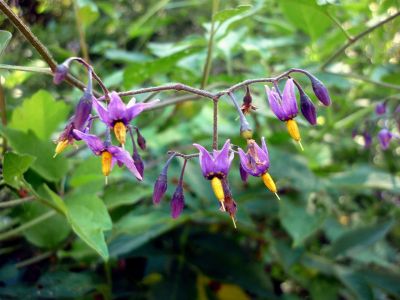
Researchers have gained new insights into how plants respond, at the molecular level, to a lack of oxygen. This could help improve crops grown in low-oxygen environments.
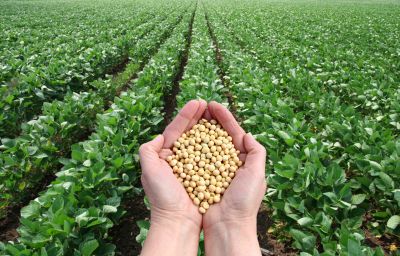
Global food price stability and food security are essential for promoting a fair, well-functioning global economy. The causes of food price volatility and food insecurity are becoming increasingly complex, calling for more scientific support behind current policy responses.
























